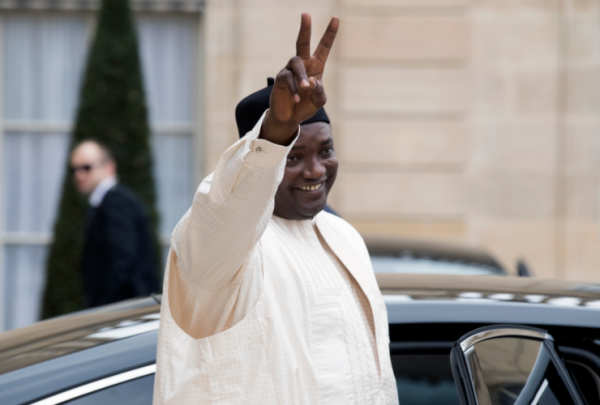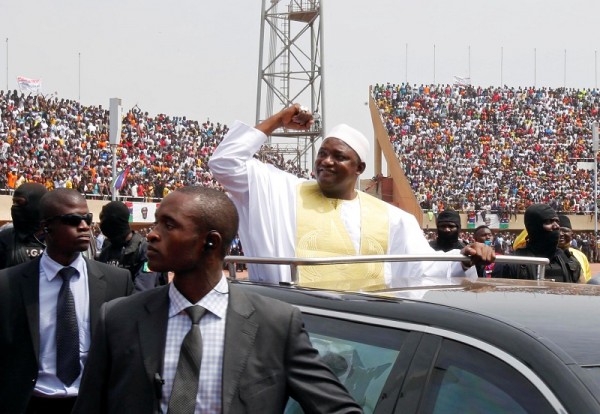The International Press Institute (IPI) is concerned about the renewed harassment of Gambian journalist Babucarr Ceesay, although it was relieved hear of his release on Monday, March 11 after spending three days in custody.
Ceesay, who is vice president of the Gambian Press Union (GPU) and a correspondent for the Kenya-headquartered Nation Media Group, was arrested on Friday, March 8 by members of the National Intelligence Agency (NIA).
Local sources told IPI that the journalist was not formally charged with any crime. NIA agents reportedly said they were still investigating Ceesay’s case.
This was not the first time Ceesay has been arrested.
In September 2012, he and another freelance journalist, Abubacarr Saidykhan, were detained after seeking a permit for a peaceful demonstration against the execution of nine death row inmates. As IPI reported, the journalists were detained for four days and charged with various crimes. Charges were dropped a month later.
Ceesay’s passport has been taken from him, barring him from leaving the country.
He is not the only journalist who has lately been prevented from traveling.
Abdoulie John, who edits online news website Jollof News and contributes to The Associated Press, has faced similar restrictions.
John has been arbitrarily detained by NIA agents twice since September 2012. Since his release, he has repeatedly been summoned to the NIA headquarters, he told IPI. As in the case of Ceesay, John is still waiting for his passport. He has family abroad but cannot visit them.
In general the state of press freedom in Gambia makes reporting extremely difficult. Not only are journalists threatened, but the Gambian government has repeatedly resorted to banning media channels entirely.
In August of 2012, Teranga FM was closed because, despite receiving a warning, it continued to broadcast a program that translated English-language news into local languages. The Daily News and The Standard newspapers, the sources of some of that news, were shut down next. Their publishers are still trying to obtain an official explanation.
Local sources told IPI that the decisions to shut down the three news outlets could be traced to the presidential office. In January, President Yahya Jammeh rejected a number of demands that the European Union had made with respect to press freedom and the free flow of information. The demands had been issued by the EU in the context of consultation, provided for under the Cotonou Agreement, which is the framework for development cooperation between the EU and members of the African, Caribbean and Pacific group of states, including The Gambia.
The list of EU demands rejected by President Jammeh included a call for The Gambia to allow the “free operation of independent media in the Gambia within a deadline of one month”; the “removal of barriers to the registration and licensing of media” ; the “removal of restrictions on accessing and sharing information electronically” ; and the “revision of laws on freedom of expression and media regulation.


